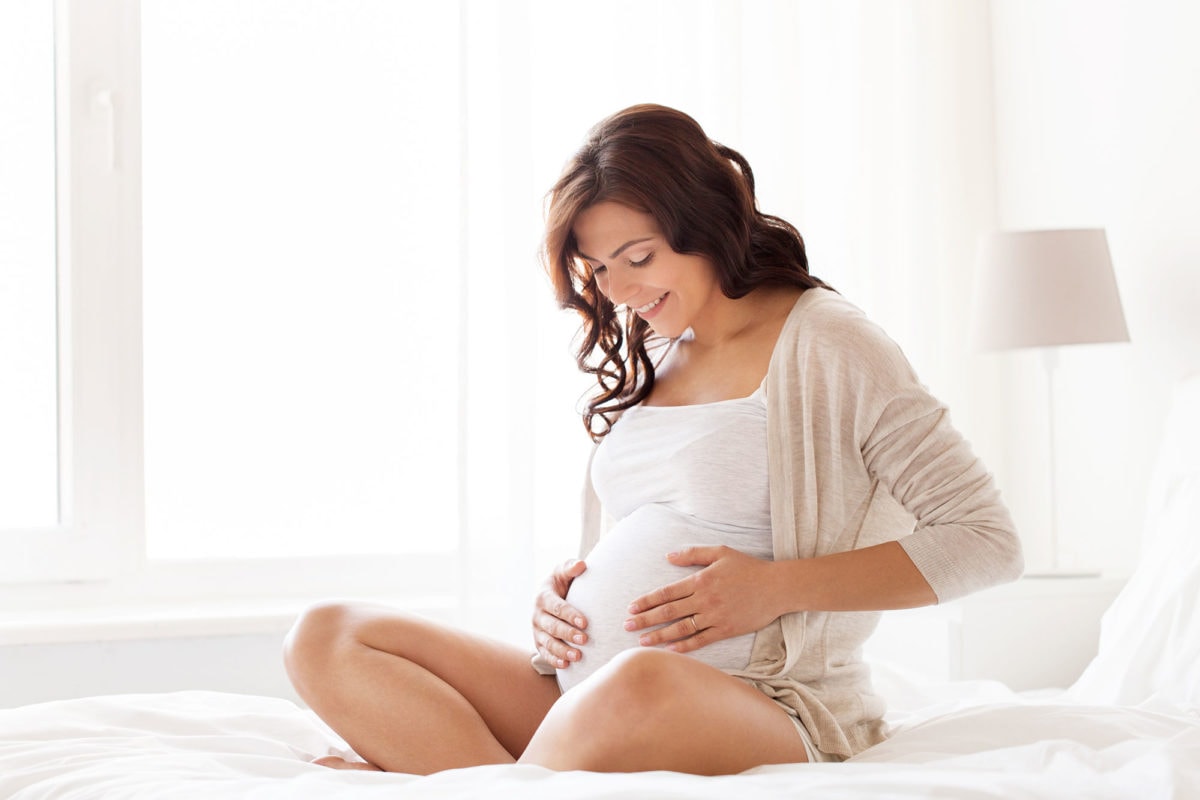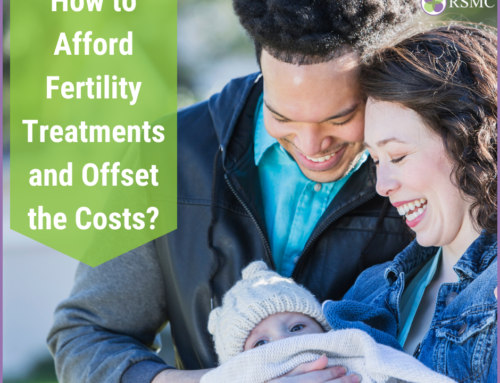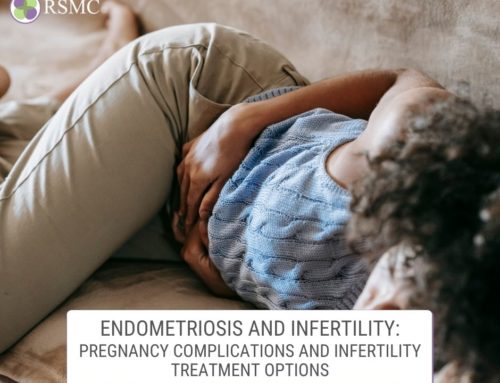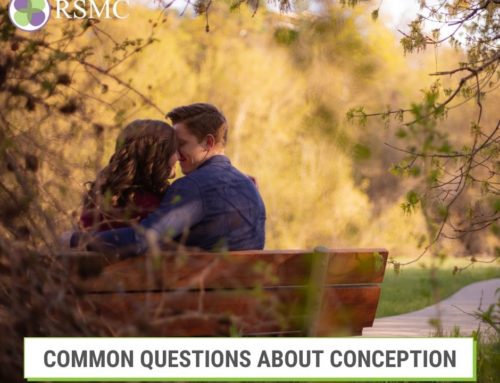Natural Parenthood and Adoption
Most people who go through an adoption have gone through infertility treatment first. This is not because adoption is a “second best” scenario when it comes to becoming parents. Rather, humans are programmed to reproduce biologically.
The desire to reproduce ourselves is built into our genes. It’s there to keep the species going. Most people just assume they are going to be able to procreate the “regular way“ because everybody around them is. However, they don’t understand that they can’t do so until they try. Unless the person has a medical condition that they know will prevent them from having biological children, most people assume they will make little copies of themselves just like everybody else does. Until they can’t, and then the first place, most will turn to is infertility treatment.
Sure, it’s a blow to the ego to admit that you need help doing something that everybody around you seems to be doing effortlessly. But remember, it’s the result that counts. The result of most infertility treatment is a baby. A baby who is biologically related to the parents, just like all those other babies.
Infertility Treatment Vs Adoption
Infertility, however, isn’t just one blow to the ego. It can be a series of whirls that will end in one of two ways. The most obvious way, of course, is biological parenthood. Yes, you went through a lot of testing and invasive medical procedures, not to mention your savings. But in the end, you rewarded yourself with a biological child to call your own. This is a win for infertility treatment and for your ego since you are now a parent. The days of coping with infertility depression and hiding from friends and family members with young children is over. You’re embracing parenthood and jumping into the fray.
The other way infertility treatment can end is with acceptance of the infertility. Now you can proceed to family building in another way. Often that other way is adoption, which makes sense. People going through infertility treatment want to become parents and there are orphan children who need parents. Seems like it should be a match made in heaven, but only if the infertility issues have been dealt with. You should remember that an adopted child isn’t a “consolation prize.”
Researchers at RSMC Fertility Clinic – San Diego, California defines there are four primary stages people go through while coping with infertility. The stages are just like the grief over a death. You must deal with them before going on. Like the stages of grief over a death, these stages are grief for the death of a dream. The dream of a child you longed for so desperately.
Stage 1: Denial and Isolation
Most people, when confronted by infertility, don’t believe it at first. They believe it just takes a little more work on their part or a medical procedure and everything will be normal. During this time people tend to isolate themselves from people they know with young children. They see it as a reminder of what they can’t do.
At this point, when they are first confronting infertility, some people rush into trying to adopt. This can be because they want the pain of infertility to go away. Whereas some may think, if they’re in the adoption process they will “relax” enough to conceive naturally. Most adoption programs have lengthy timelines. So, even if people jump in at this stage, they will have a chance to work through all the stages before having a child placed with them.
Stage 2: Anger
During stage 2, people coping with infertility treatment feel anger. They feel angry with the situation as well as themselves and people around them. When your body is failing you, especially if the problem is some “unexplained infertility,” it’s easy to be angry. However, it’s hard to know exactly where to place the anger. So, the your anger tends to spread itself towards the people around.
You’re angry at your body, your partner, God, the doctor, the treatment process that didn’t work, adoption agency rules and policies, people who have babies easily, and the list goes on. Unfortunately, unlike grief over a death, society doesn’t have a good way for people to mourn lack of fertility. Although it is a life crisis and feels like a death. There are counselors and support groups that can help talk about the feeling, especially the anger, so the person can move onto the next step.
Stage 3: Depression
You can feel depression and guilt over things that you did in the past. It can be like an abortion or using birth control for a long period of time. Or simply not being sure that you wanted children at an earlier time in your life. It’s easy to feel like infertility is a punishment. This is an especially easy assumption to make when depression has already set in.
Depression is also hard on relationships. It can get worse if both parties are in depression and see the other as part of the problem. It’s hard to let the dream of a biological child die. Although, you must make peace with the one dream dying before you are ready to move on with life and the dream of adoption.
Stage 4: Acceptance
This is where the person is done coping with infertility, accepts the fact, and can talk about it, especially with their partner. If you can’t talk about it, you haven’t accepted it yet. Adoption home studies delve into your personal life very deeply and infertility will be discussed at length. The social worker needs to believe that you have accepted the infertility and are ready to care for a child you aren’t biologically related to. Adopting a child means you want to be a parent, not just a person who creates little versions of themselves.
Conclusion
Coping with infertility and infertility treatment is difficult when everyone else is pregnant. It can become tiresome if the person feels that there is not a lot of support available. The steps you go through, however, can help prepare you for adoption and parenting an adopted child the way they deserve to be valued. It is a gift in their own right and not a second best or consolation prize. The process can also help you become comfortable with whatever life path you choose to follow.
RSMC Fertility Clinic – San Diego, California has helped over 1000 families. As the leaders in the field of Surrogacy, IUI & IVF, we attained more than 100 years of combined experience of infertility treatment. Our team dedicates itself to provide you with a fully integrated solution. We stand by your side throughout your infertility treatment journey. Call at 858-436-7186 or Visit us at today to learn more with RSMC Fertility Clinic – San Diego, California.























